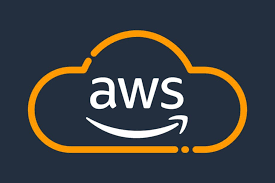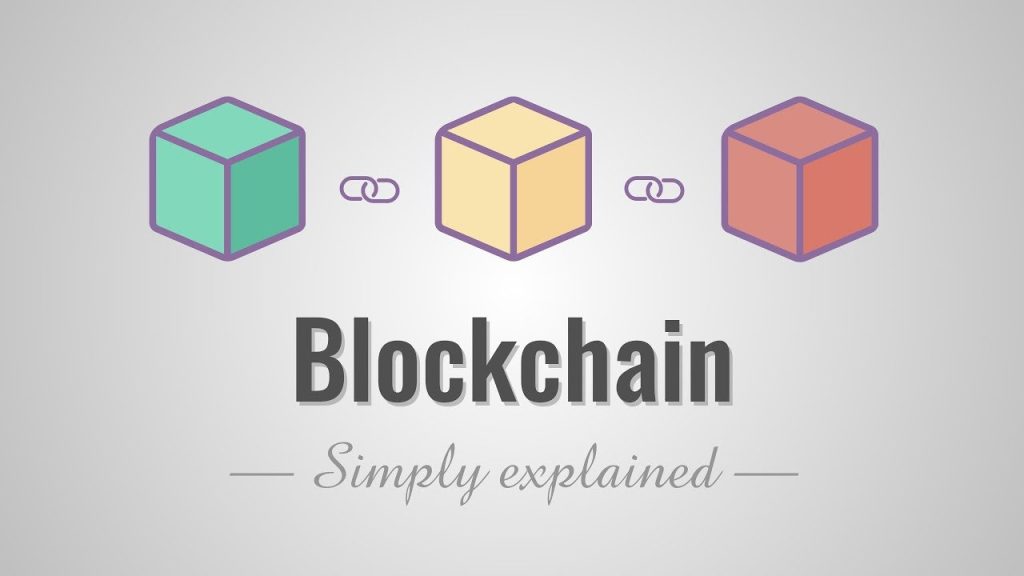
Project management is the practice of planning, organizing, and executing projects within an organization to achieve specific goals and objectives within a defined time frame and budget. It involves a set of activities that include initiating, planning, executing, monitoring, controlling, and closing projects.
Project management involves a wide range of skills, including leadership, communication, time management, risk management, budgeting, and problem-solving. Project managers are responsible for creating and managing project schedules, budgets, resources, and deliverables. They work closely with project teams and stakeholders to ensure that projects are completed on time, within budget, and to the satisfaction of all stakeholders.
Effective project management is critical for organizations to achieve their goals and compete in the marketplace. It can help organizations to improve efficiency, reduce costs, increase productivity, and deliver high-quality products and services.
Project management is the discipline of planning, organizing, and managing resources to bring about the successful completion of specific project goals and objectives within a defined timeframe and budget. It involves a series of activities such as initiating, planning, executing, monitoring, controlling, and closing projects to achieve the desired outcomes. Project management requires effective communication, leadership, problem-solving, and decision-making skills to manage project teams, stakeholders, and resources efficiently and effectively. The goal of project management is to deliver projects that meet the specified requirements, are completed within budget and on schedule, and satisfy stakeholders’ needs and expectations.
This article is shared by www.itechscripts.com | A leading resource of inspired clone scripts. It offers hundreds of popular scripts that are used by thousands of small and medium enterprises.








